Apoptosis Inducers
Apoptosis, a programmed cell death to eliminate damaged or abnormal cells, is a highly organized physiological process characterized by condensation of nuclear heterochromatin, cell shrinkage and loss of positional organization of organelles in the cytoplasm. Apoptosis inducers are a collection of compounds that are capable of inducing apoptosis in cells. Apoptosis has been extensively studied in numerous researches, where induction of apoptosis has been associated with a variety of events, including activation of p53 gene, transcription factor NF-κB or caspases. Apoptosis inducers have the potential to be incorporated into the management and therapy or prevention of cancer for their ability to induce apoptosis in cancer cells.
-
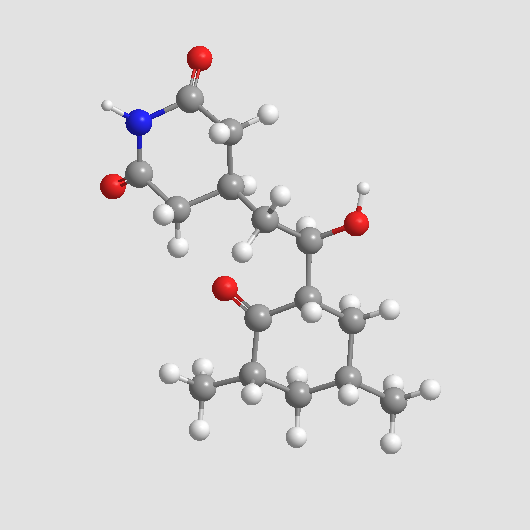 A8244 Cycloheximide54 CitationSummary: protein biosynthesis inhibitor
A8244 Cycloheximide54 CitationSummary: protein biosynthesis inhibitor -
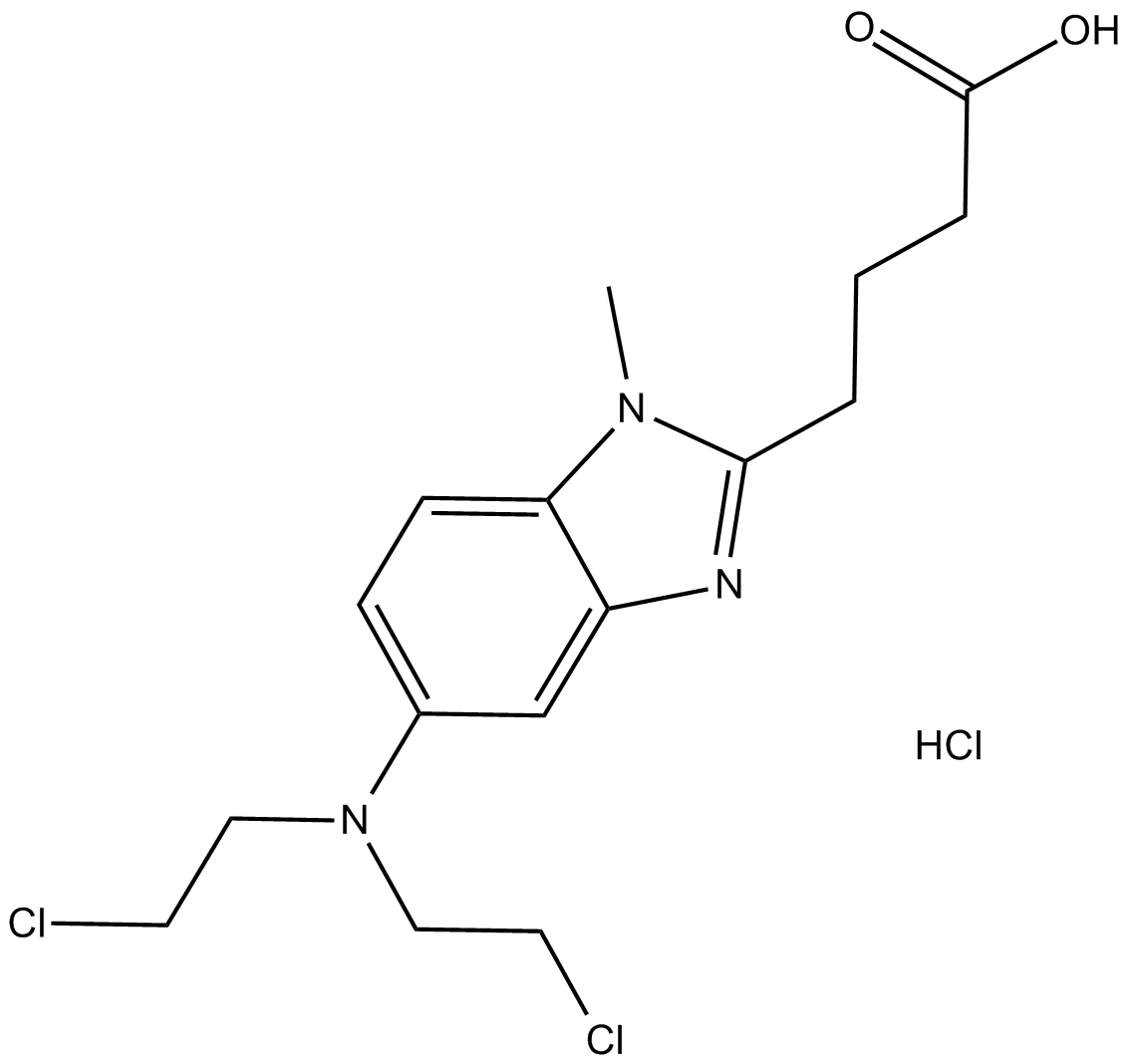 A1984 Bendamustine HClSummary: Cytostatic agent for non-Hodgkin lymphomas
A1984 Bendamustine HClSummary: Cytostatic agent for non-Hodgkin lymphomas -
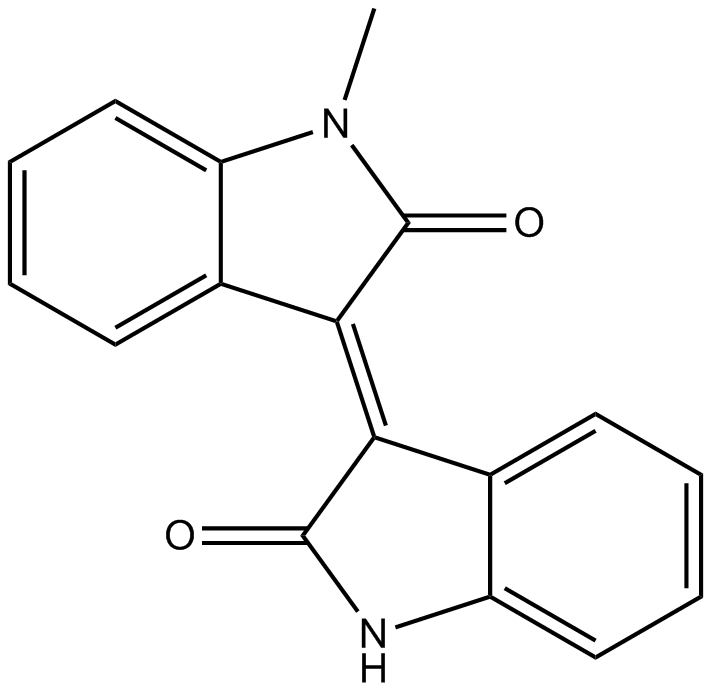 B3255 MeisoindigoSummary: Apoptosis inducer;potential agent for AML
B3255 MeisoindigoSummary: Apoptosis inducer;potential agent for AML -
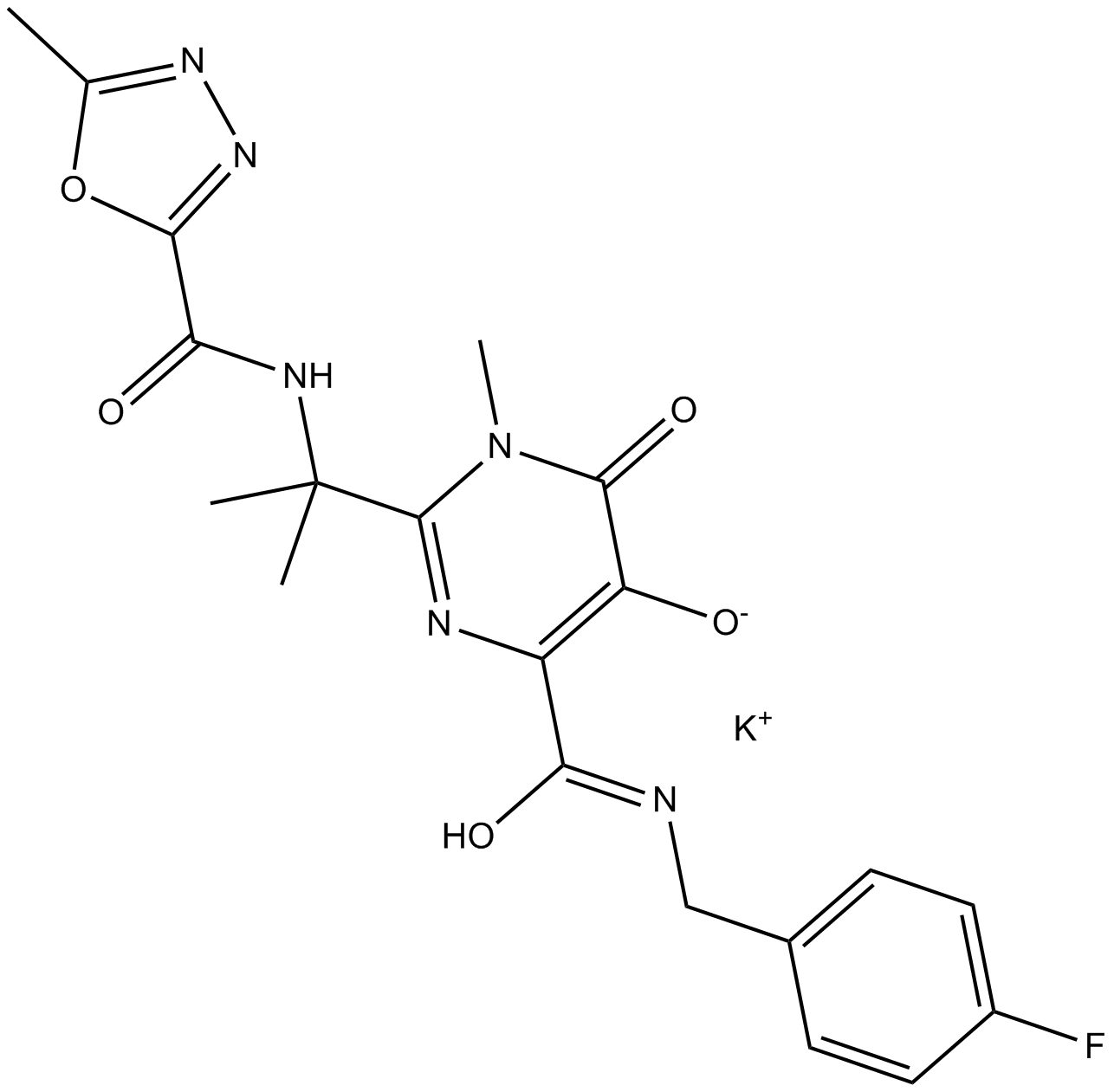 B4760 Raltegravir potassium saltSummary: HIV integrase inhibitor
B4760 Raltegravir potassium saltSummary: HIV integrase inhibitor -
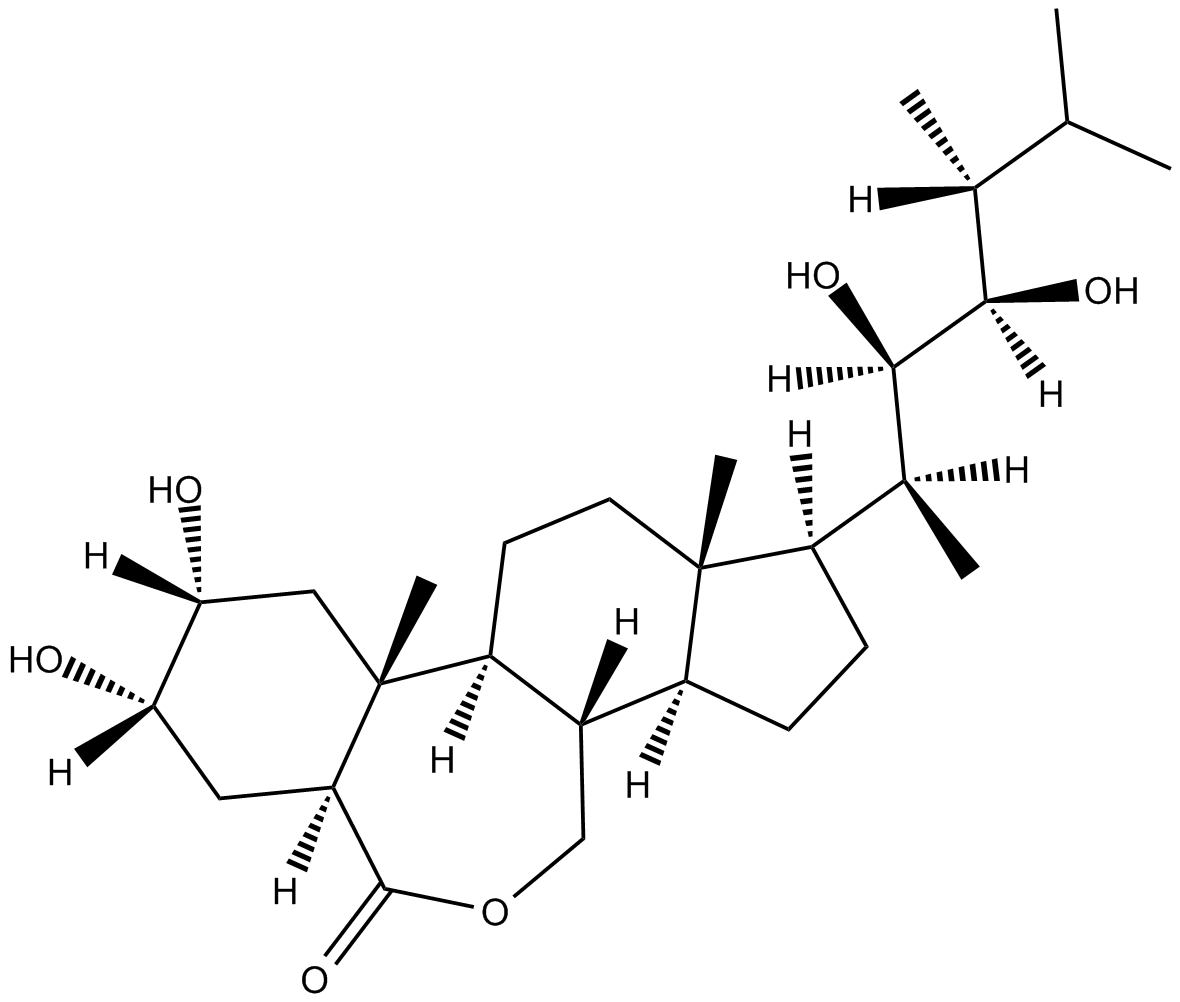 B4782 EpibrassinolideSummary: Potential apoptosis inducer;steroidal plant growth stimulant
B4782 EpibrassinolideSummary: Potential apoptosis inducer;steroidal plant growth stimulant -
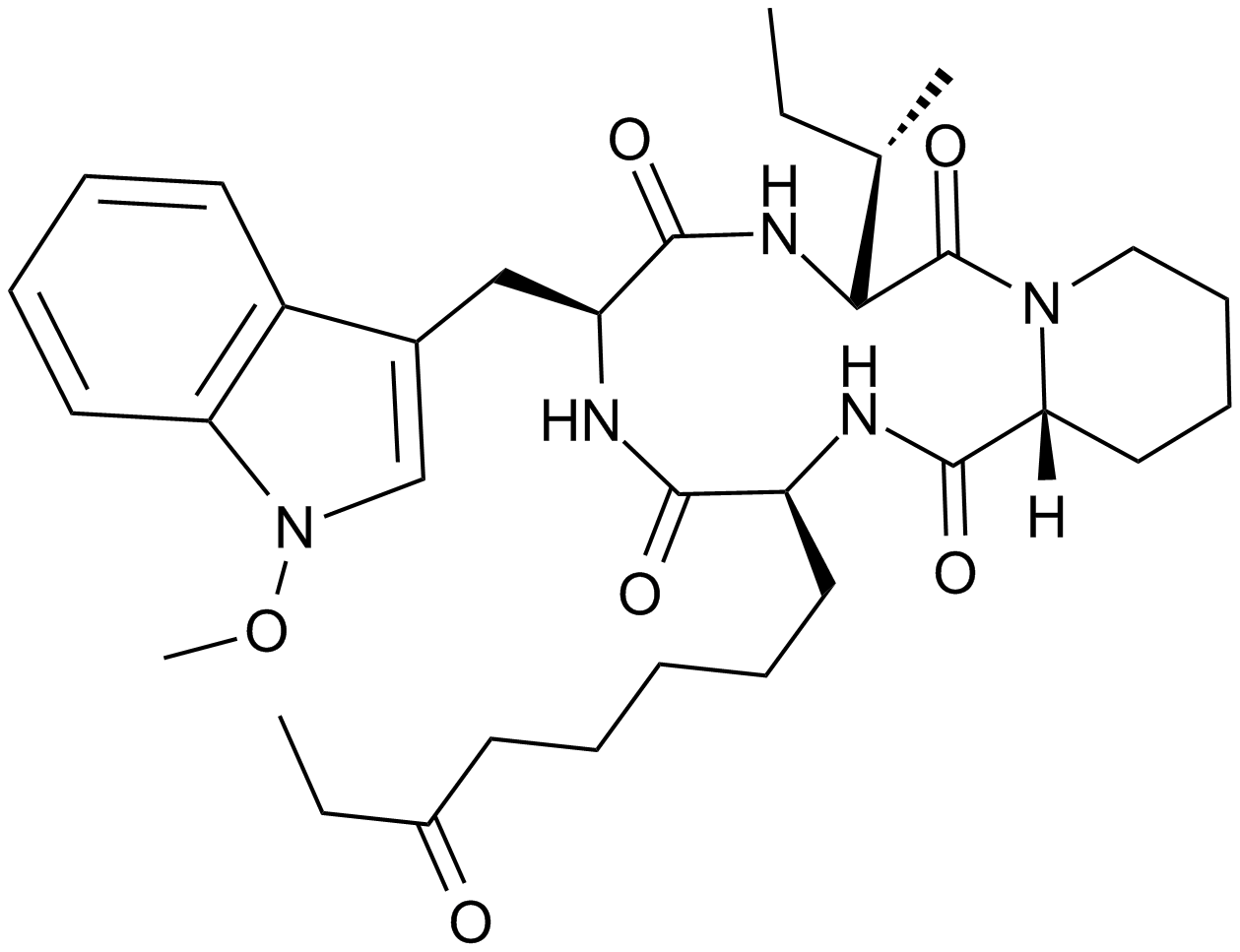 A8176 Apicidin2 CitationTarget: Histone Deacetylases (HDACs)Summary: Potent HDAC inhibitor
A8176 Apicidin2 CitationTarget: Histone Deacetylases (HDACs)Summary: Potent HDAC inhibitor -
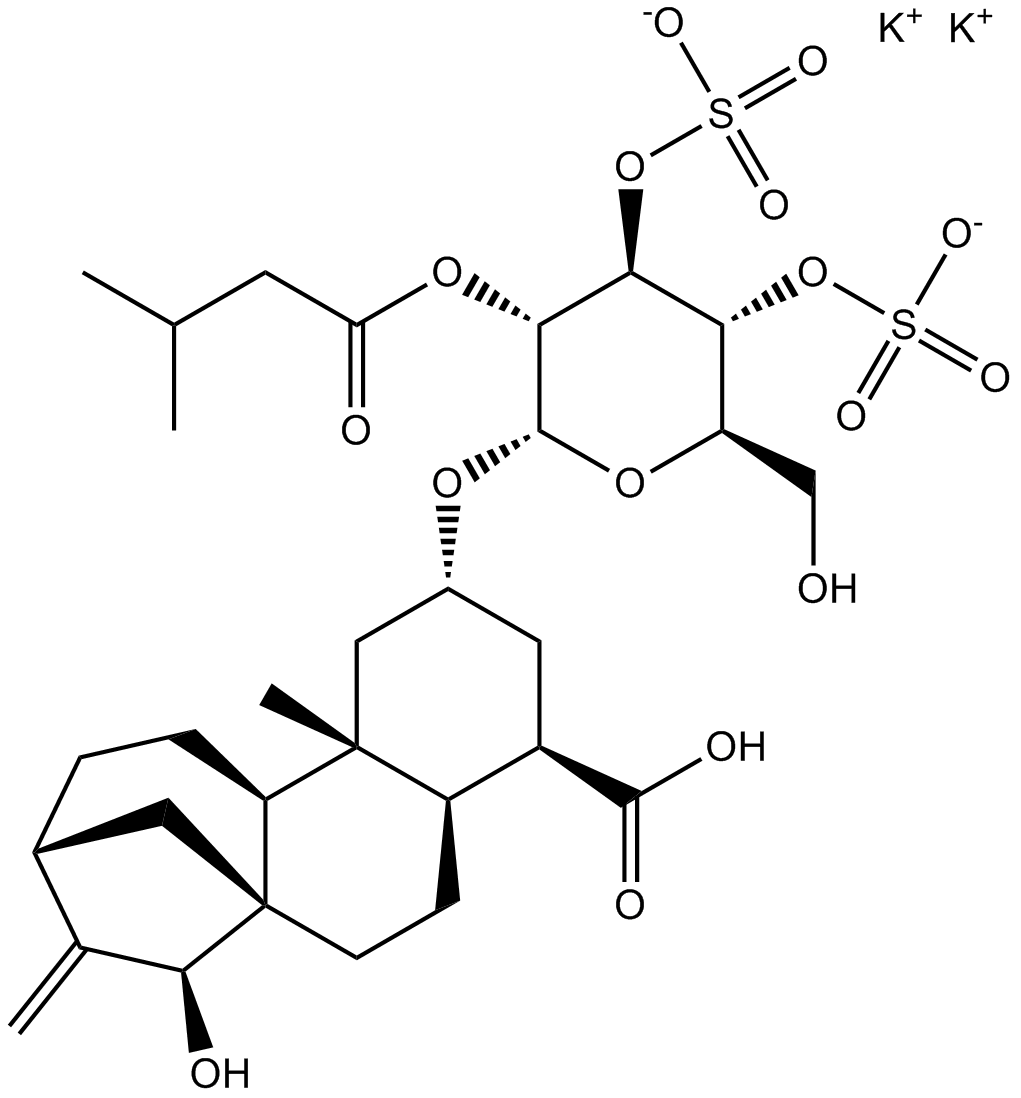 A8188 Atractyloside Dipotassium Salt1 CitationTarget: AATSummary: AAT inhibitor
A8188 Atractyloside Dipotassium Salt1 CitationTarget: AATSummary: AAT inhibitor -
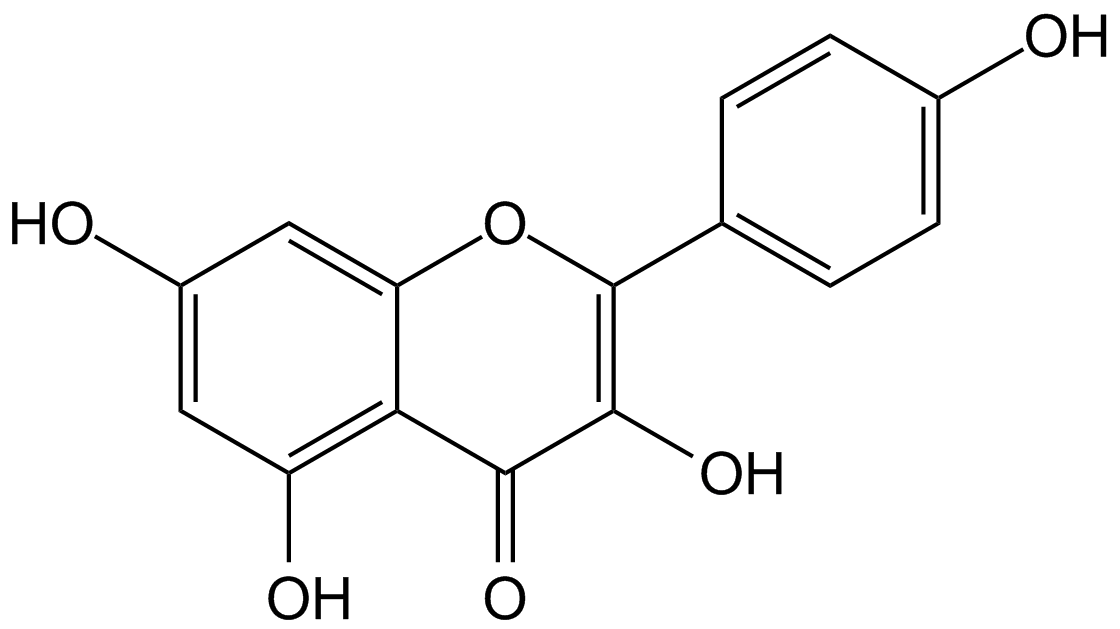 N1719 KaempferolSummary: Apoptosis inducer;antioxidant;flavonoid
N1719 KaempferolSummary: Apoptosis inducer;antioxidant;flavonoid -
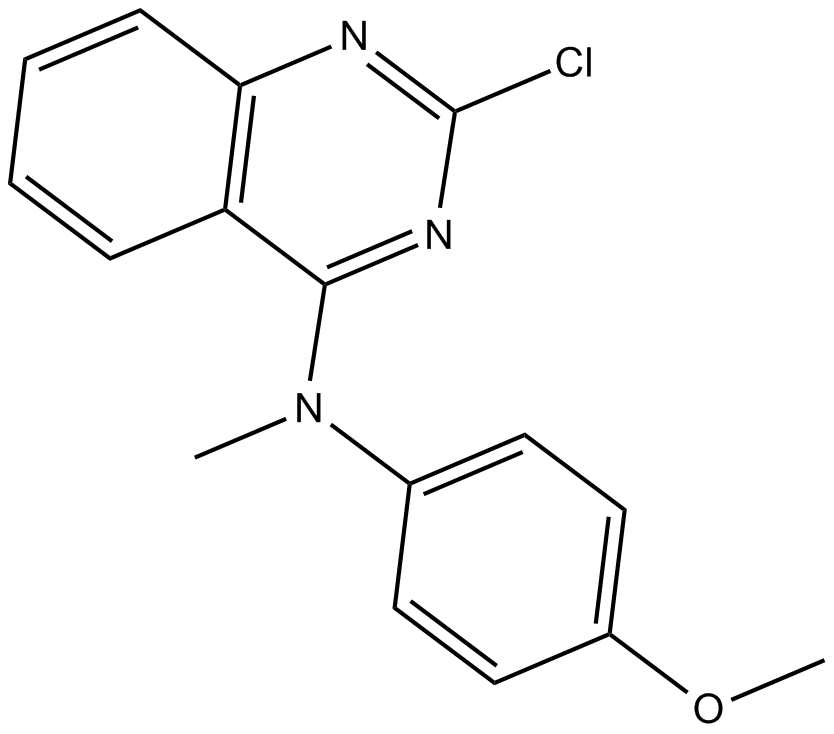 C3296 MPI-0441138Summary: inducer of apoptosis and growth inhibition
C3296 MPI-0441138Summary: inducer of apoptosis and growth inhibition -
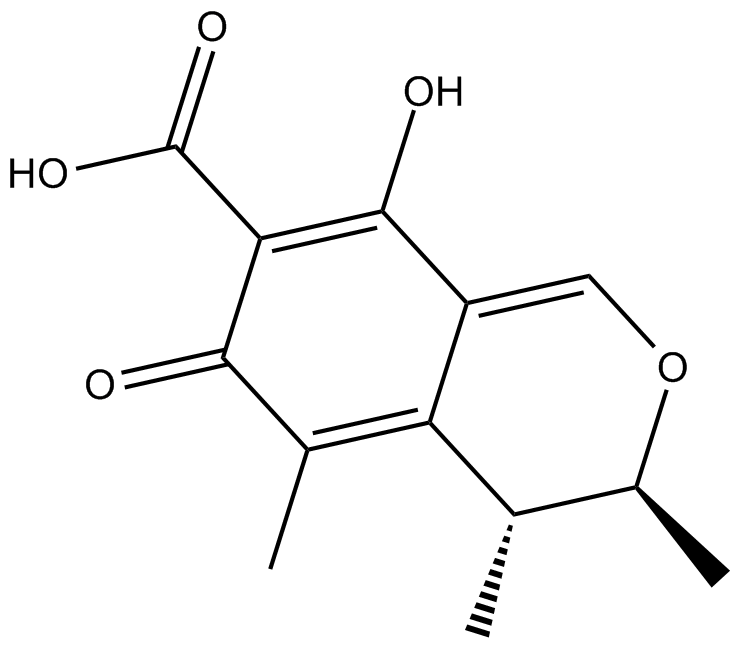 C3528 CitrininSummary: mycotoxin that induces apoptosis and blocks tubulin polymerization as well as mitotic spindle assembly
C3528 CitrininSummary: mycotoxin that induces apoptosis and blocks tubulin polymerization as well as mitotic spindle assembly

